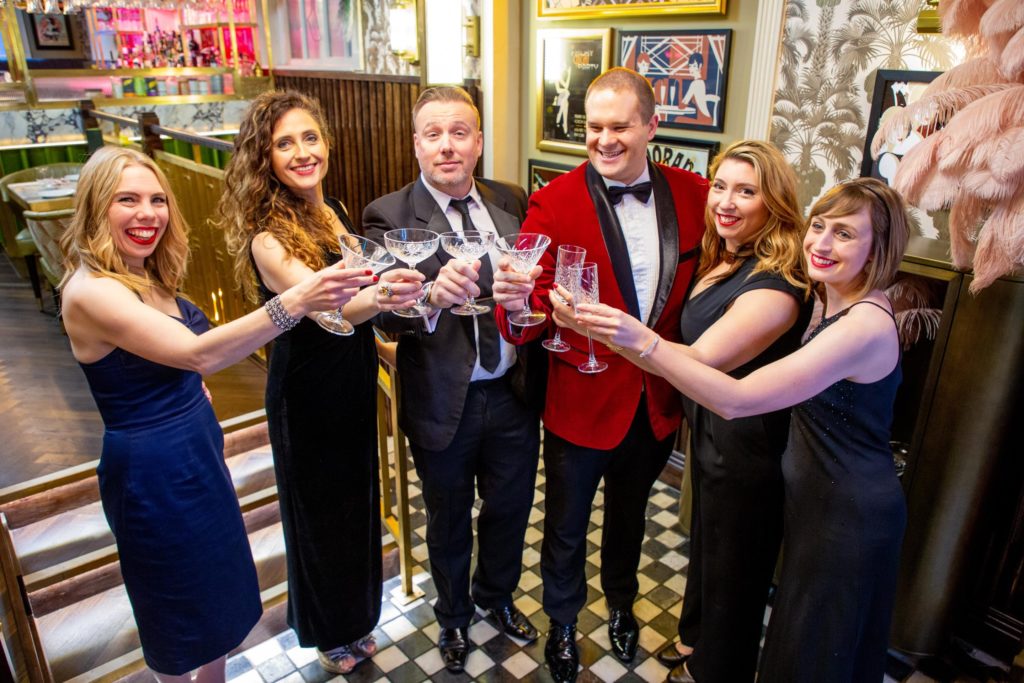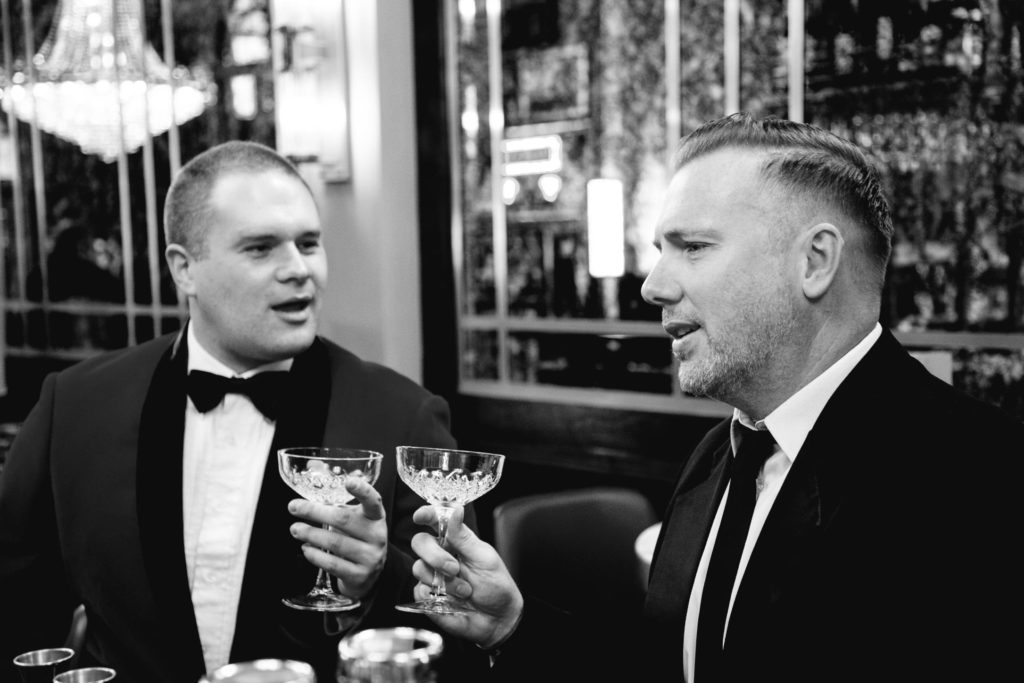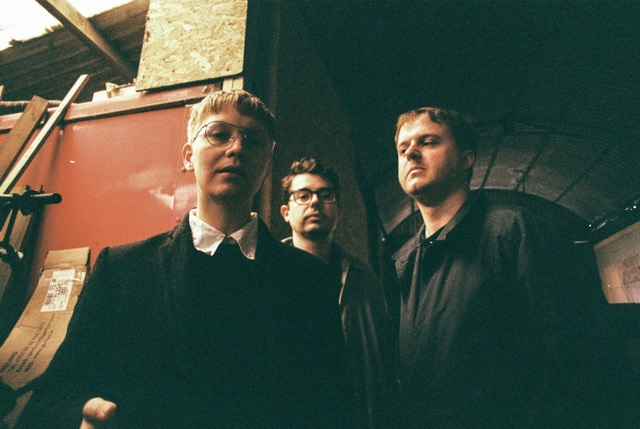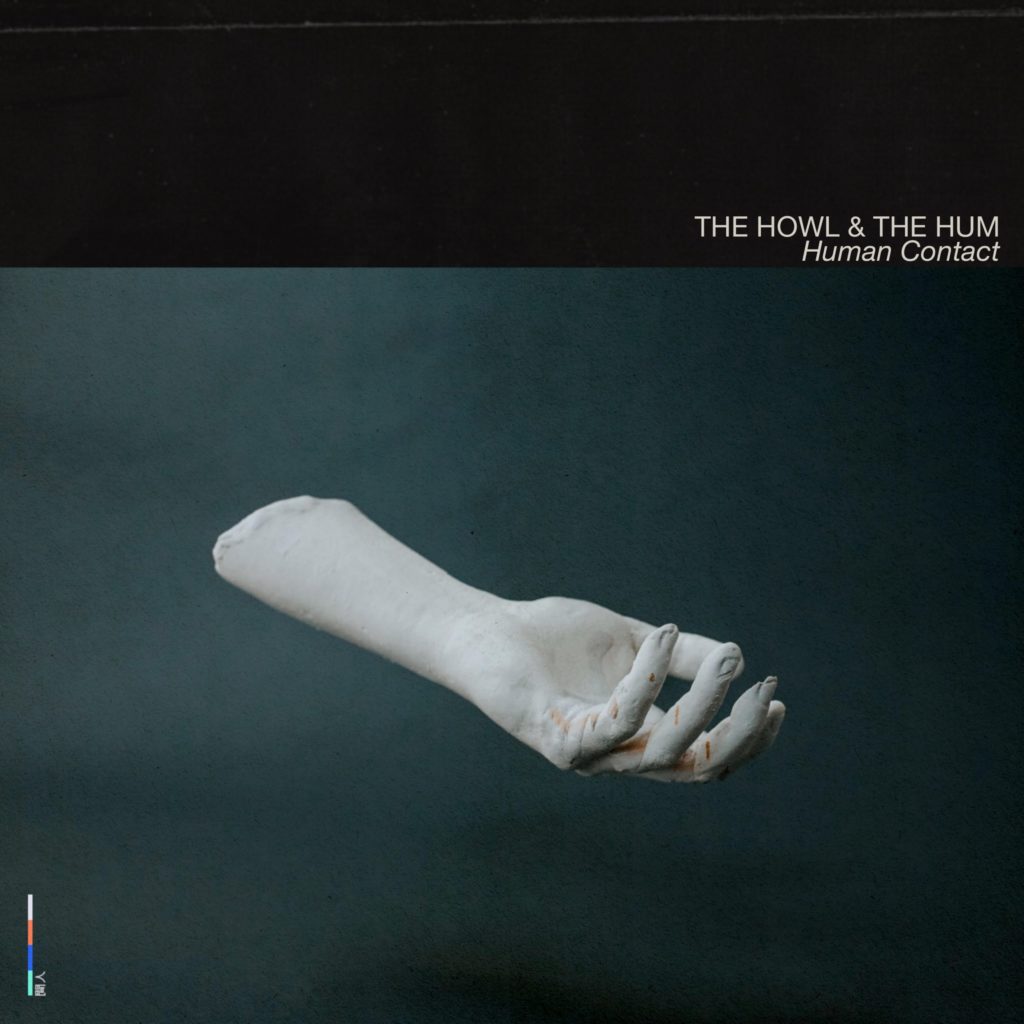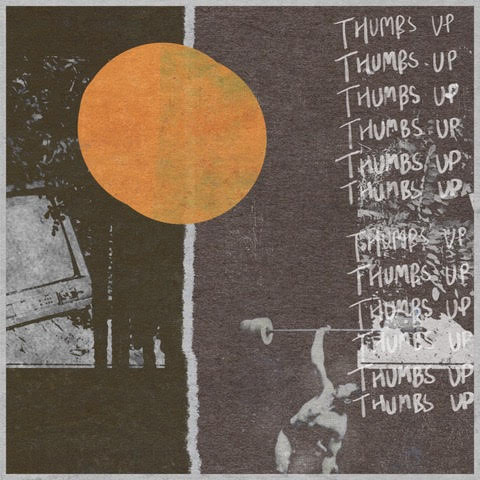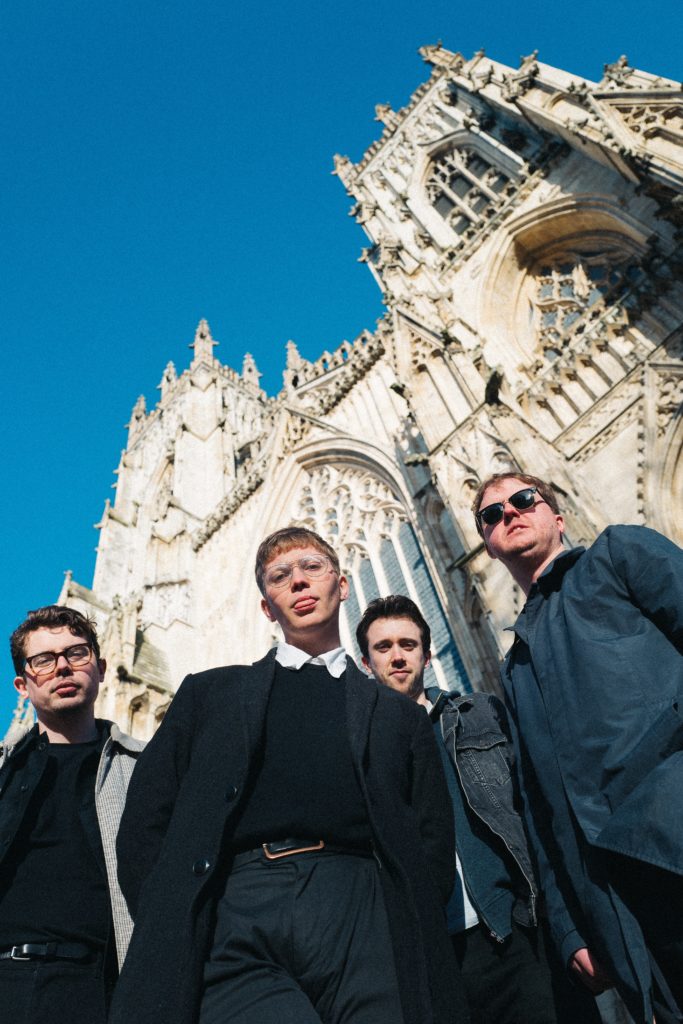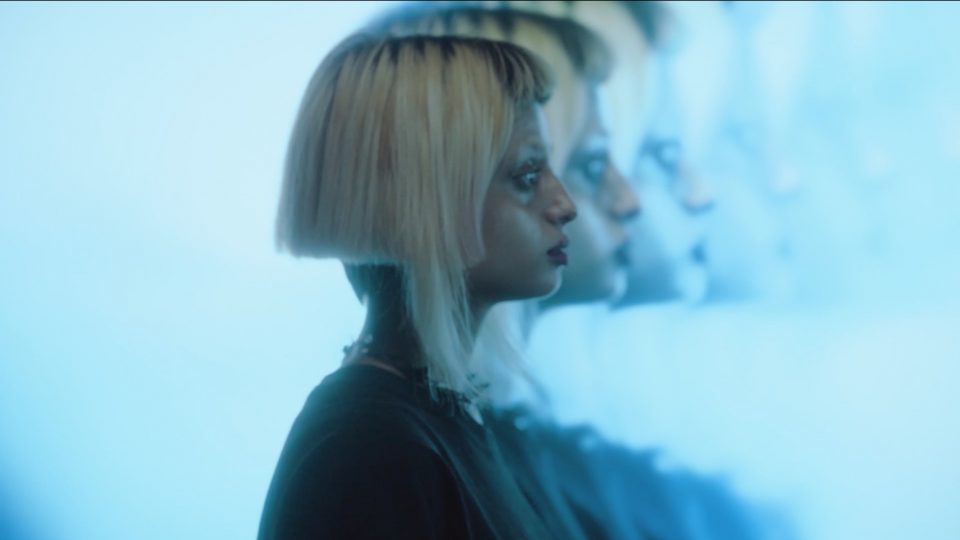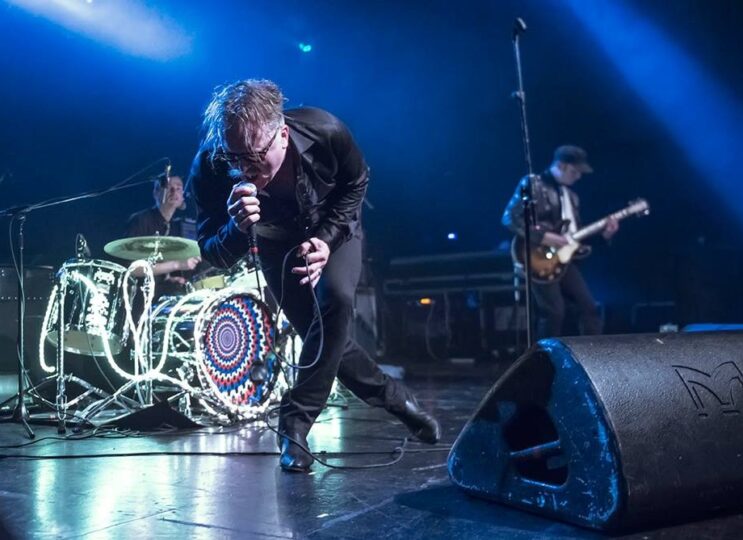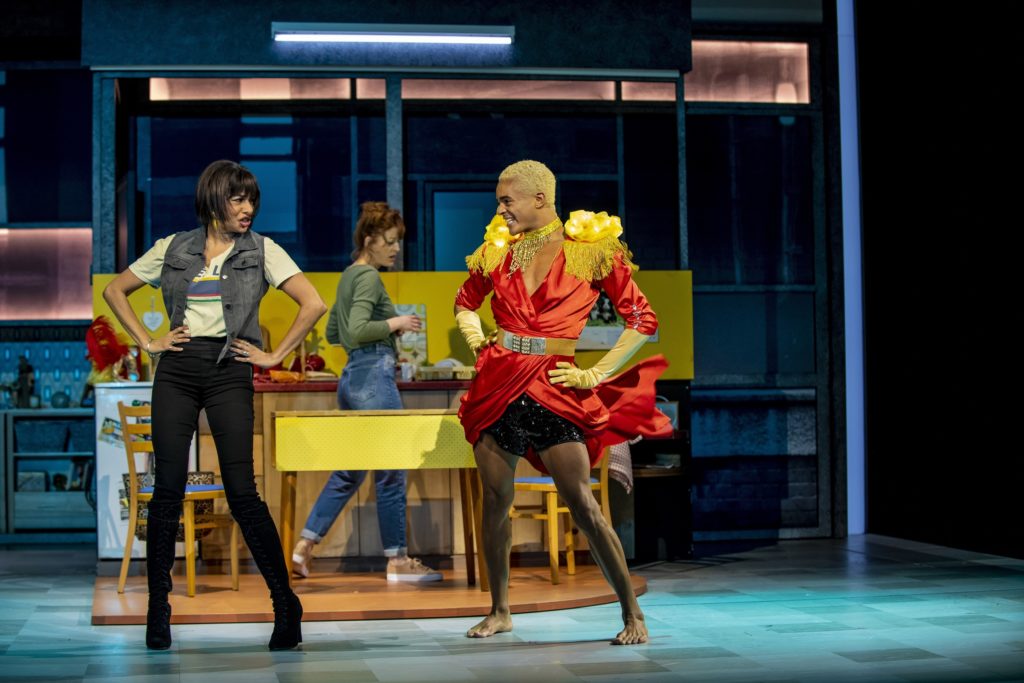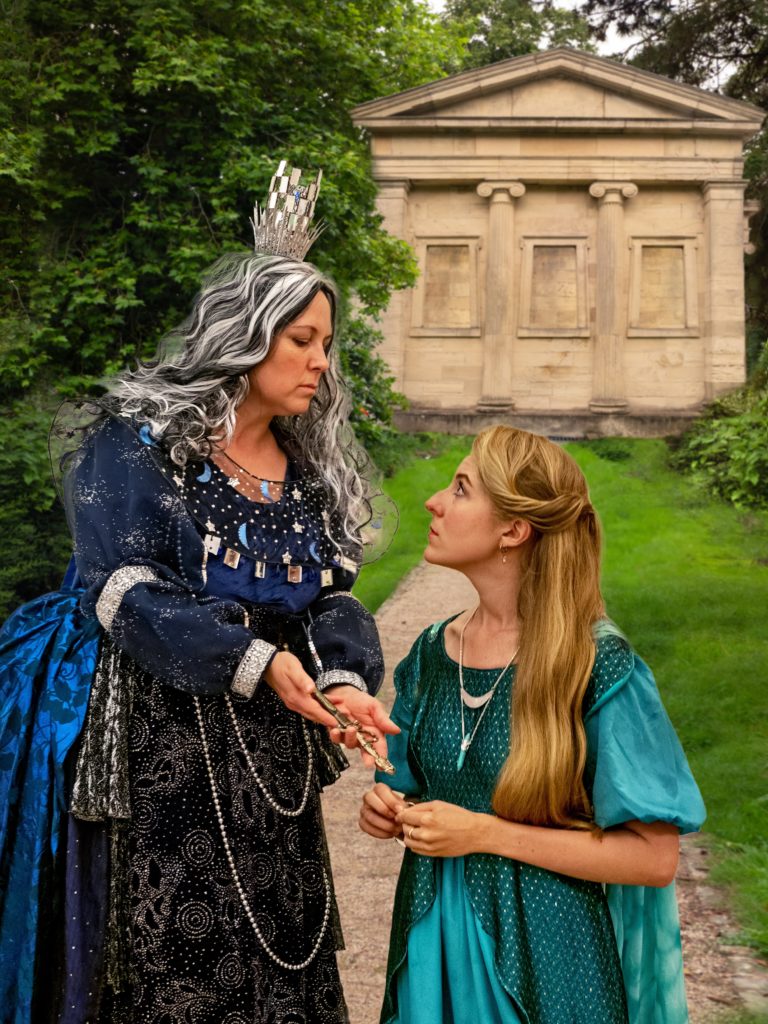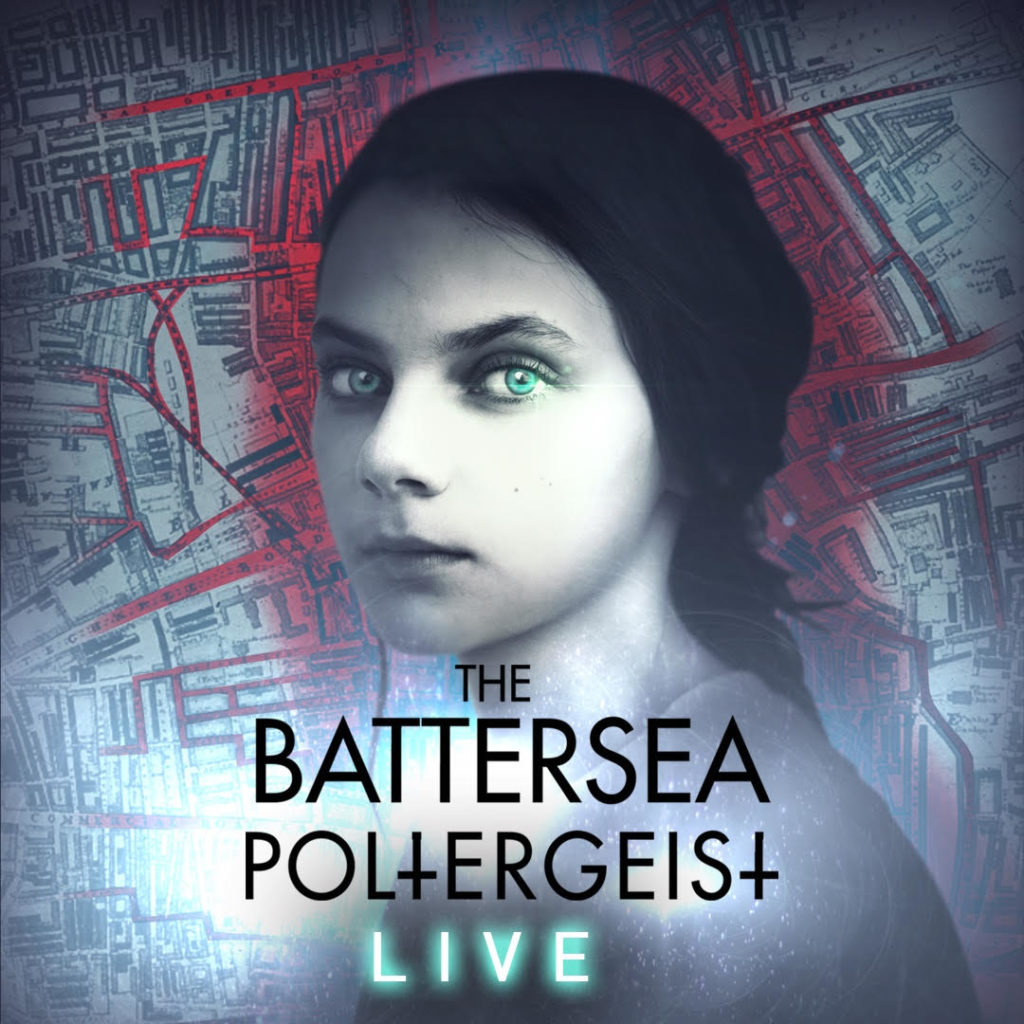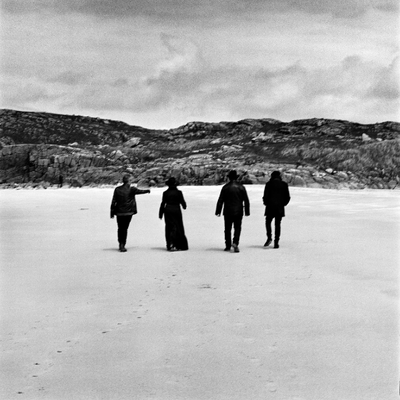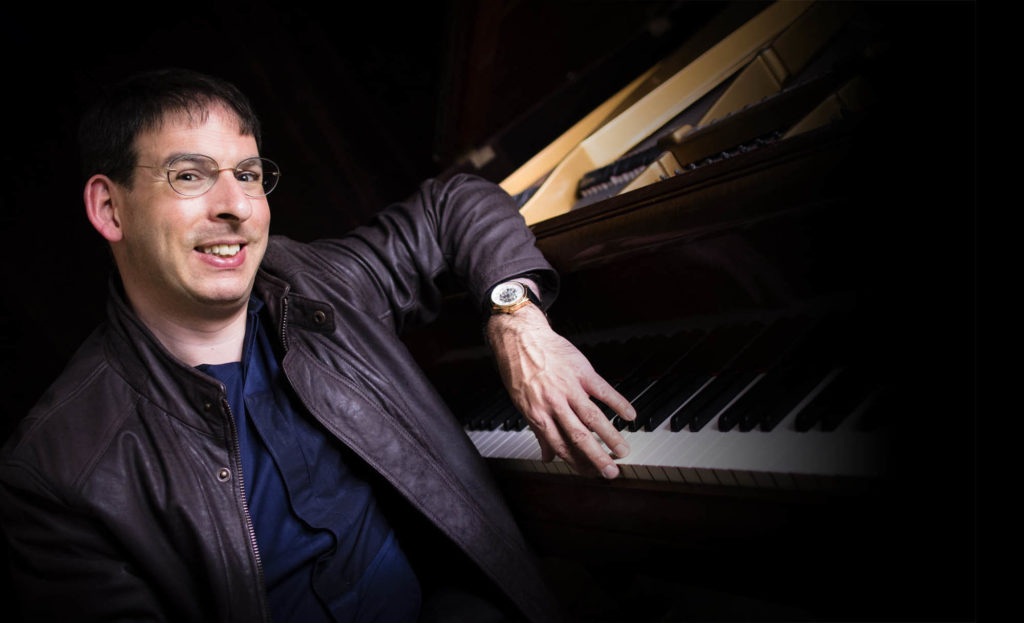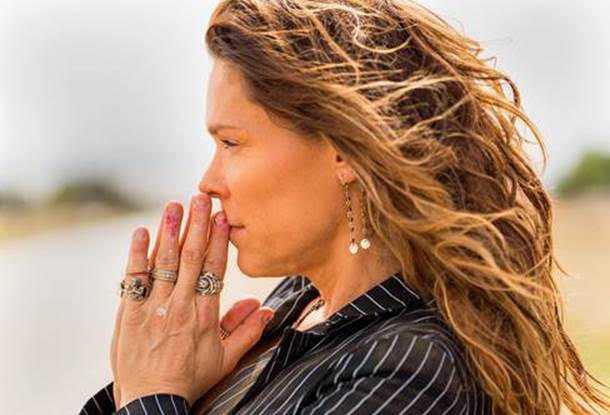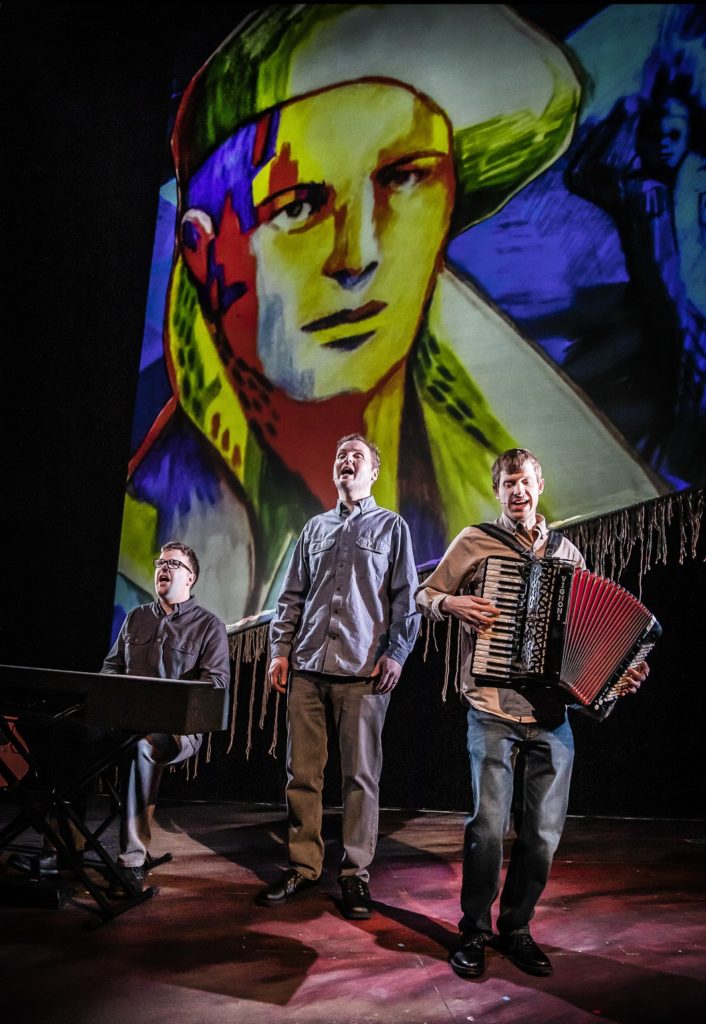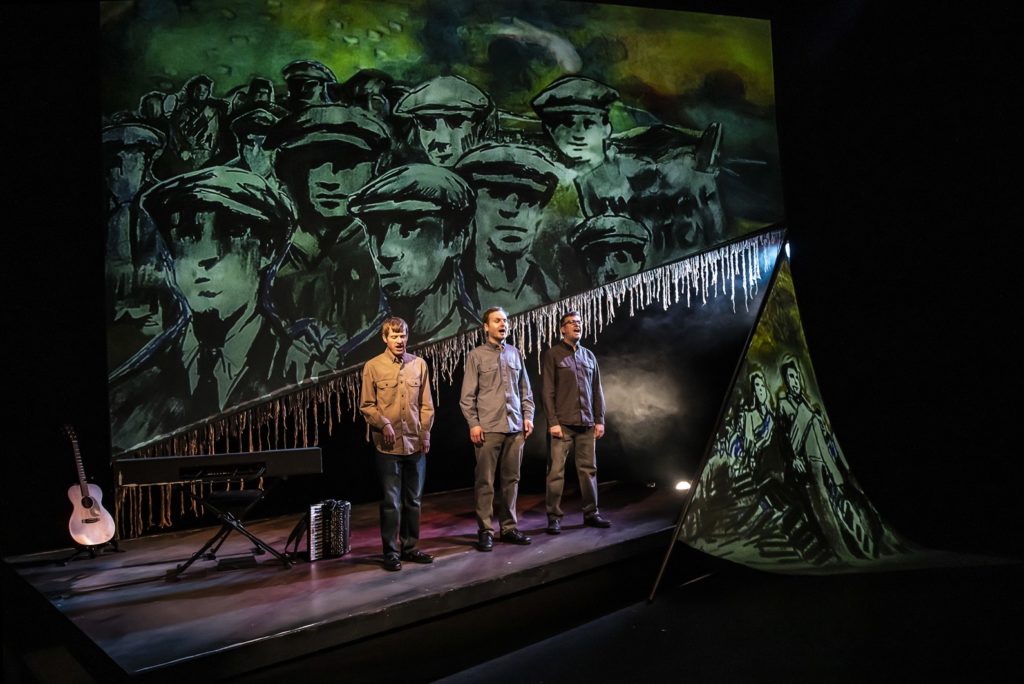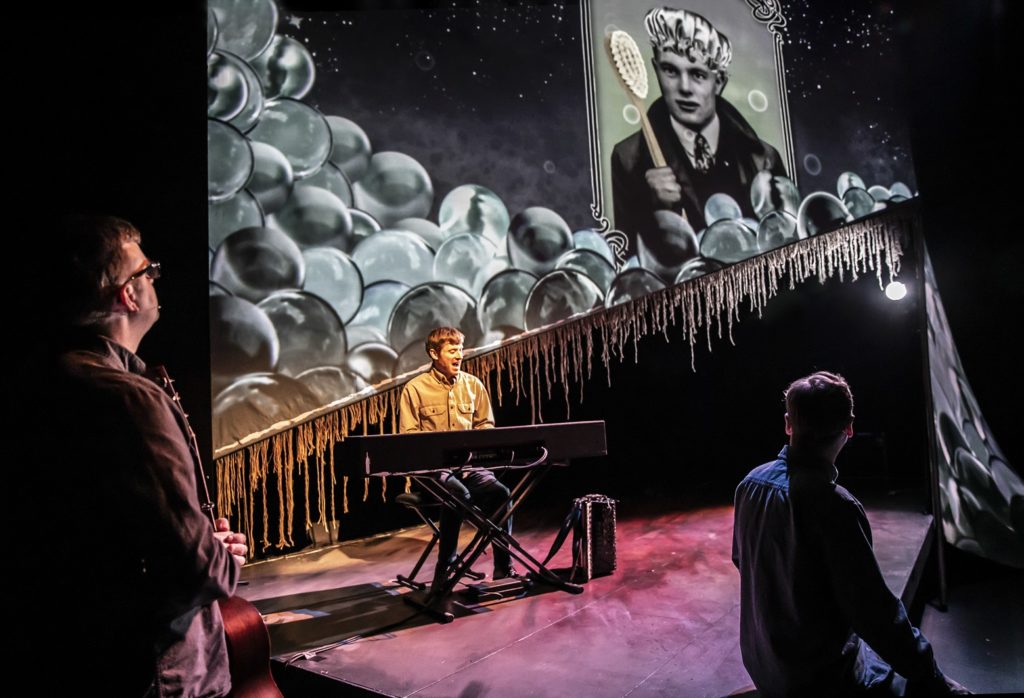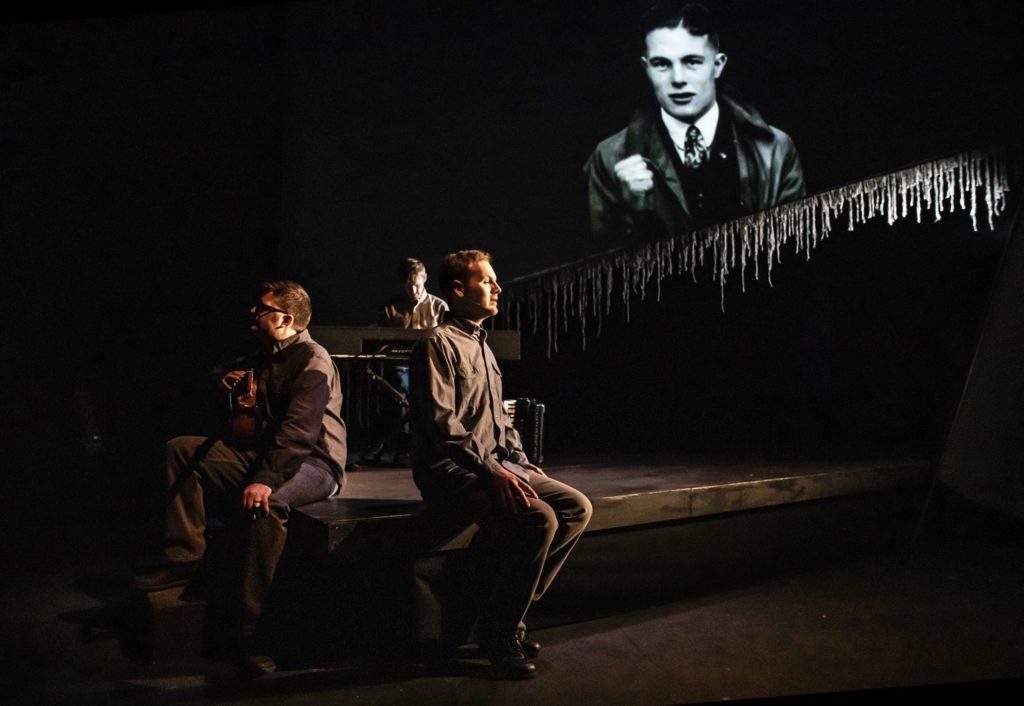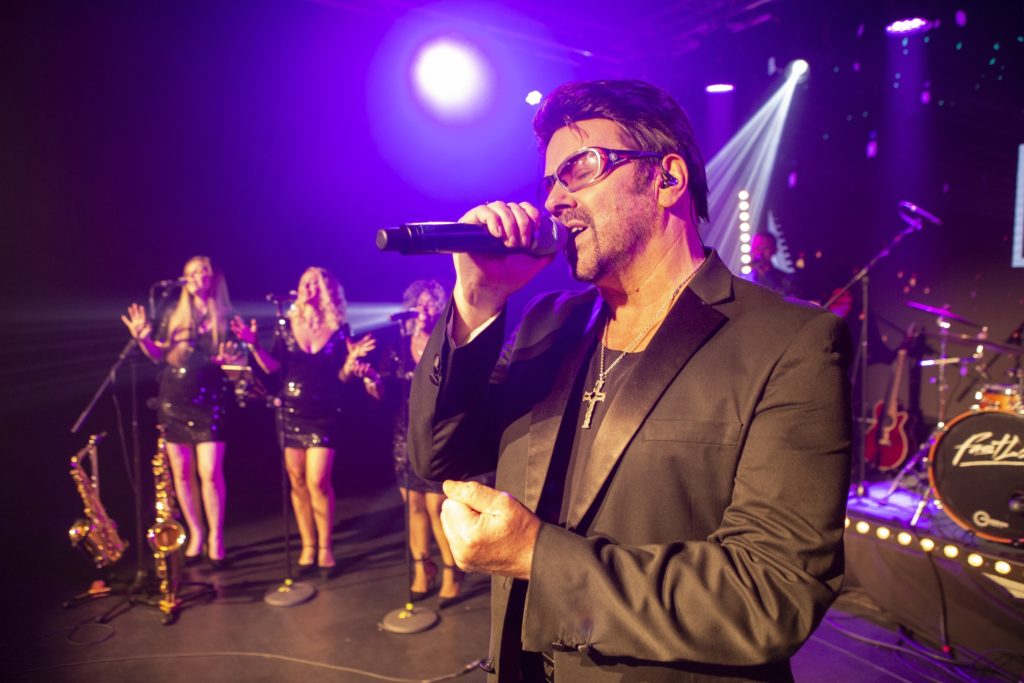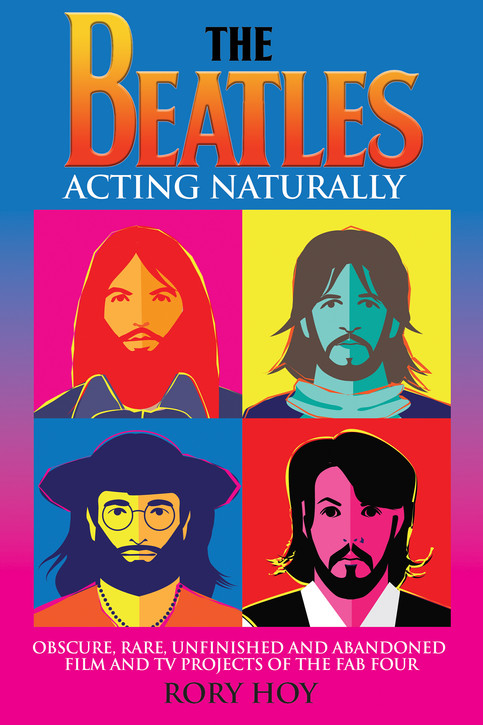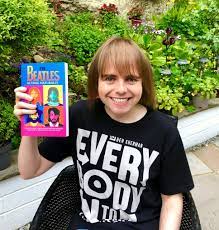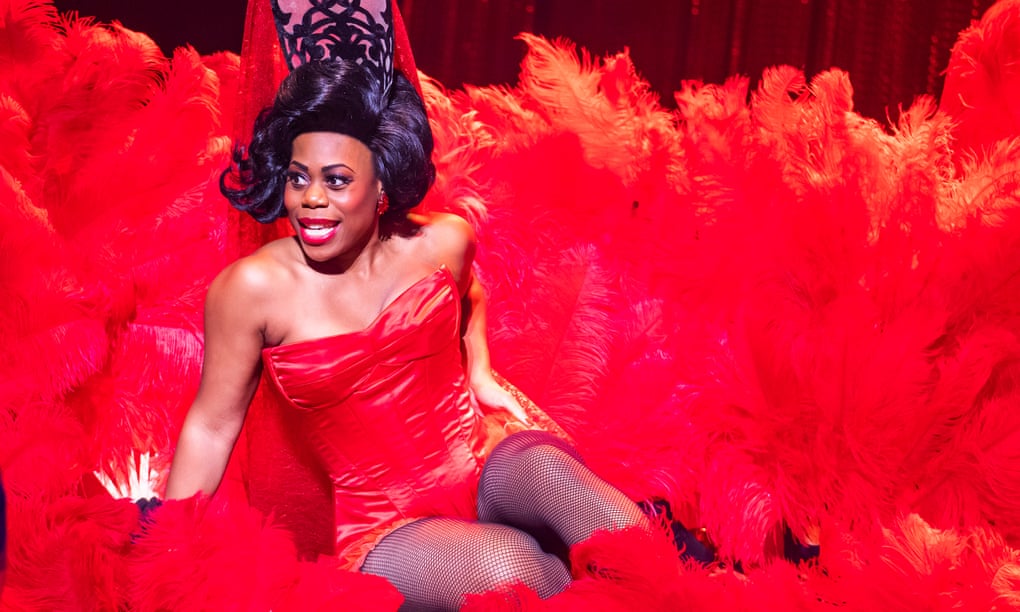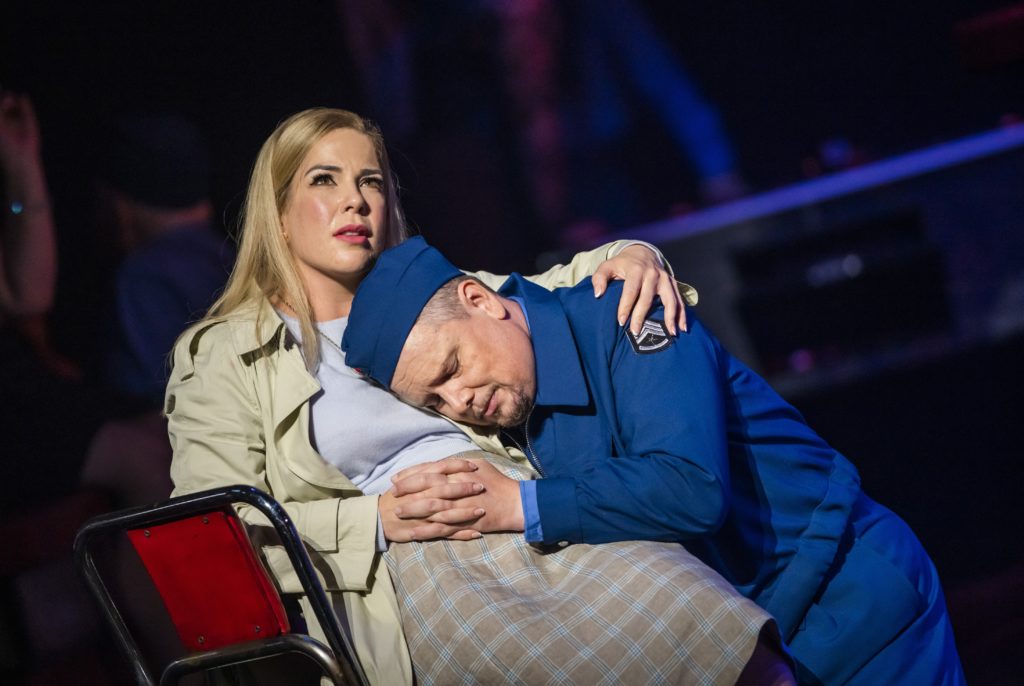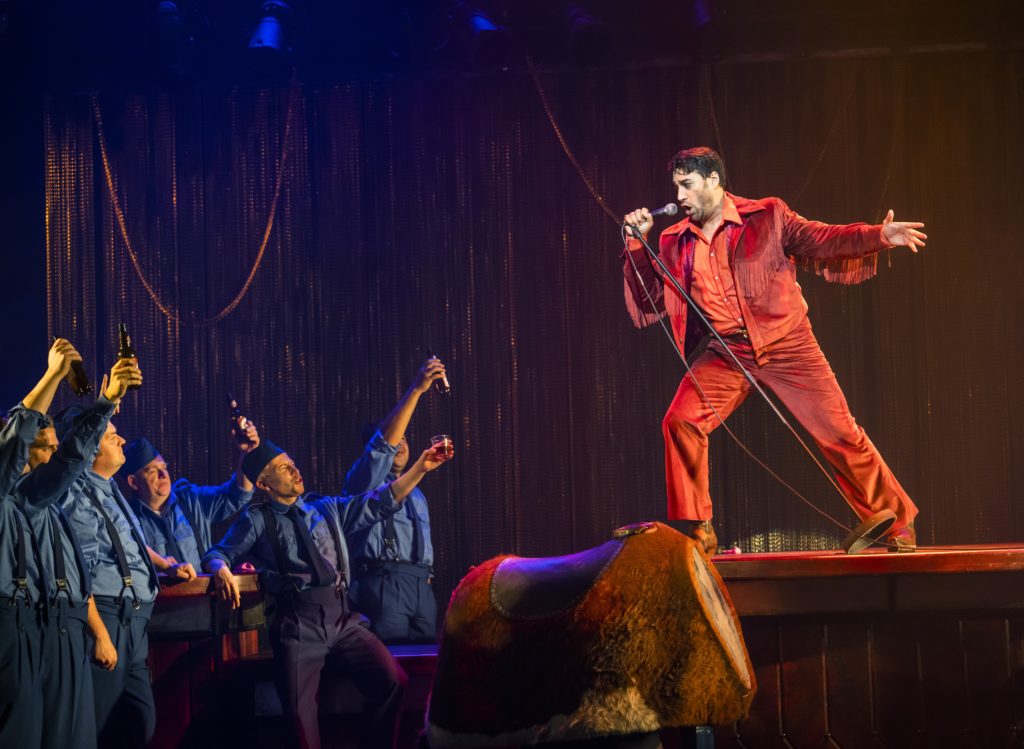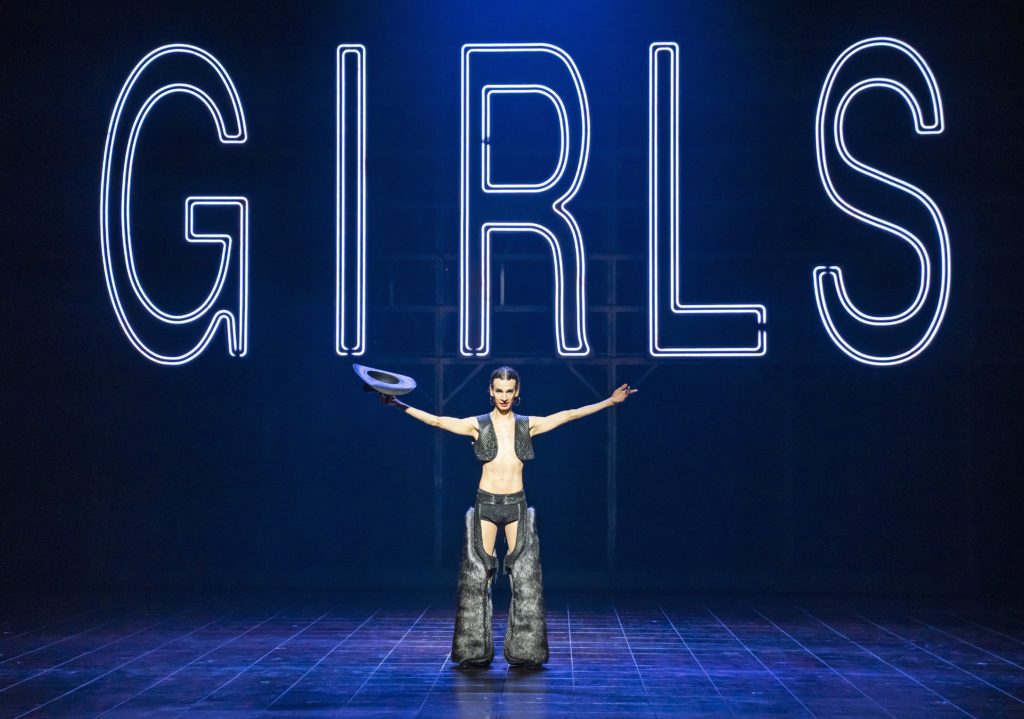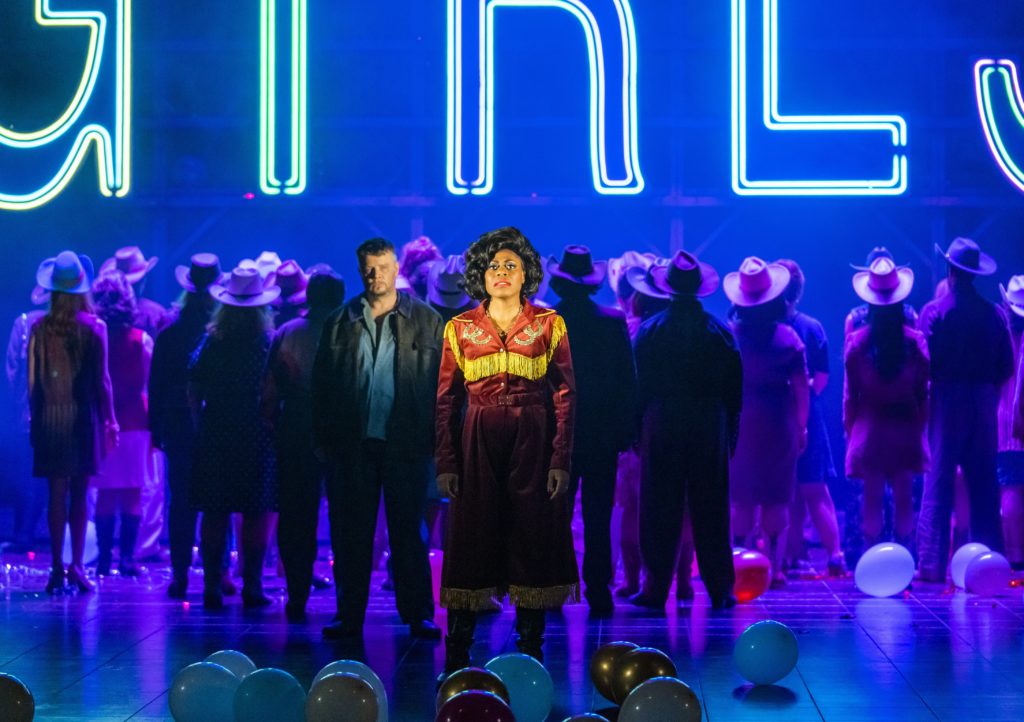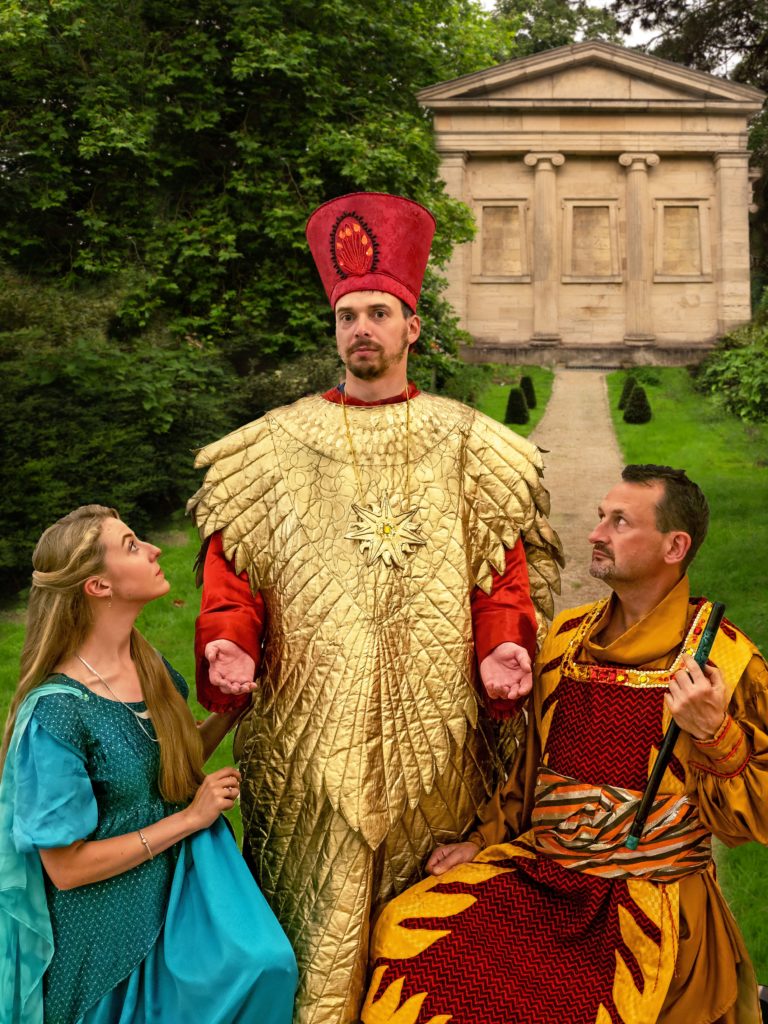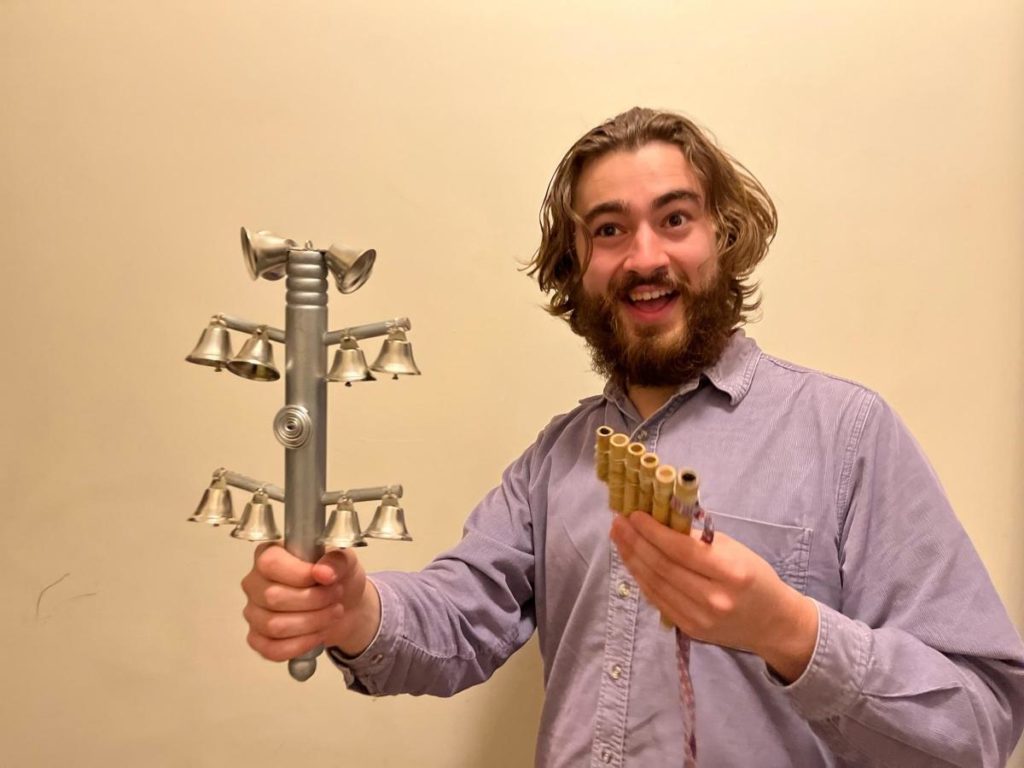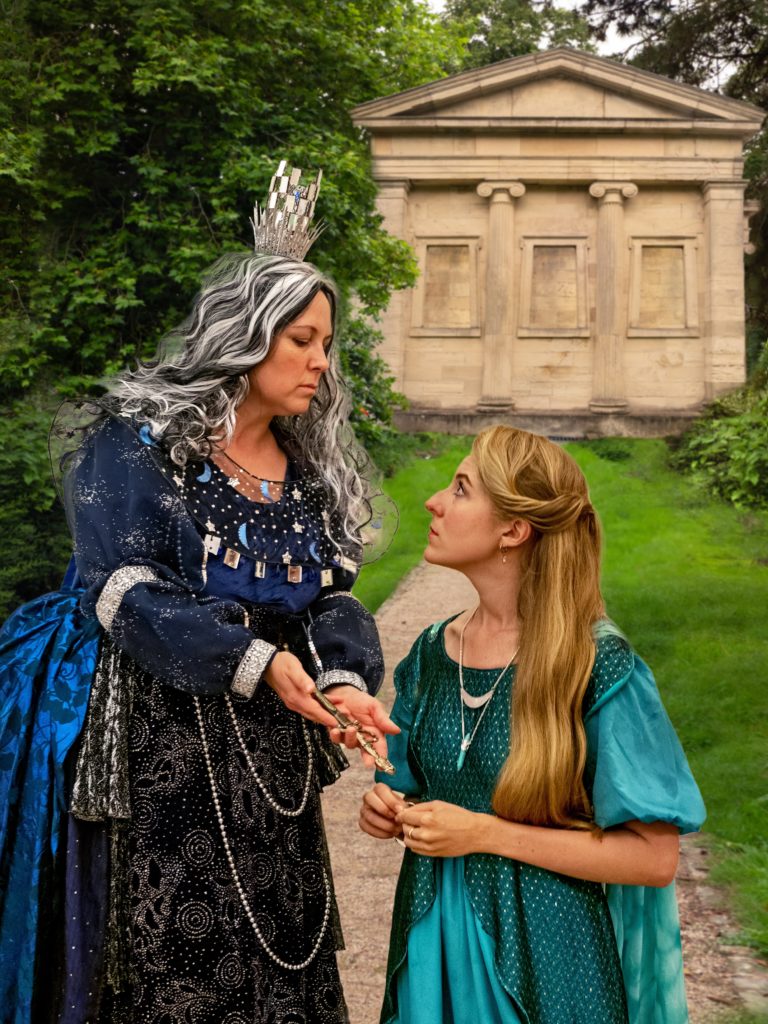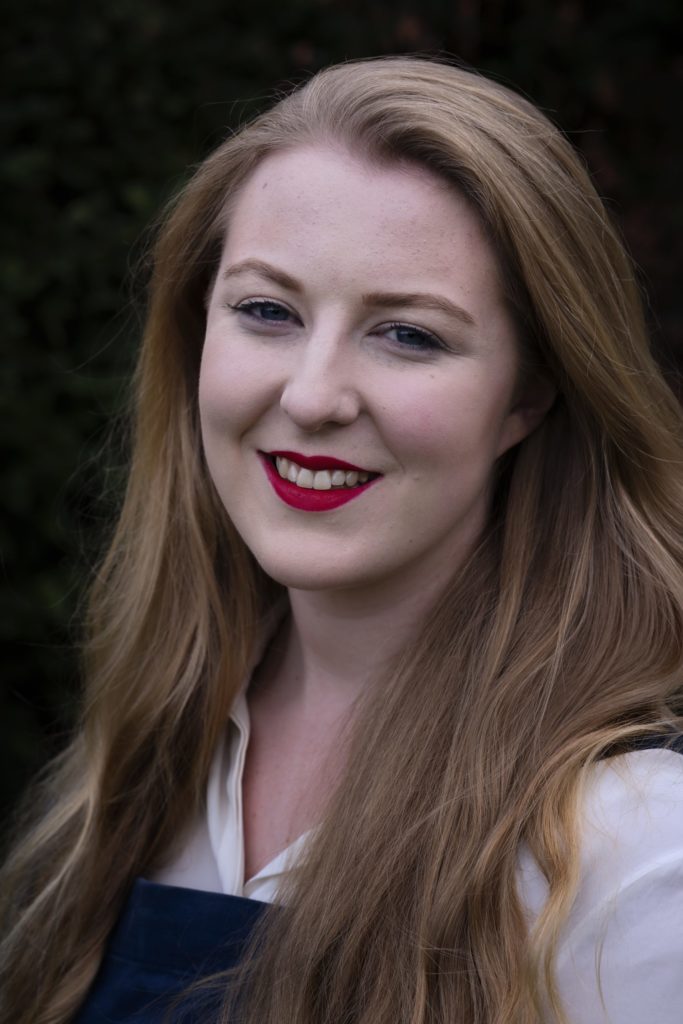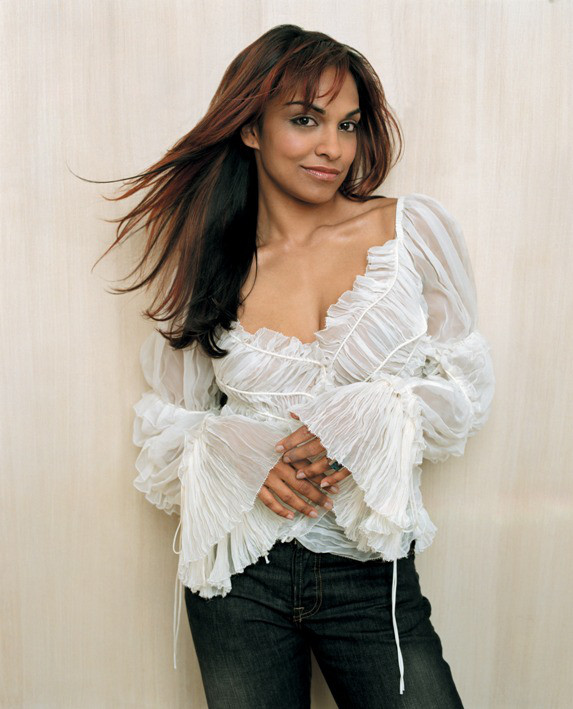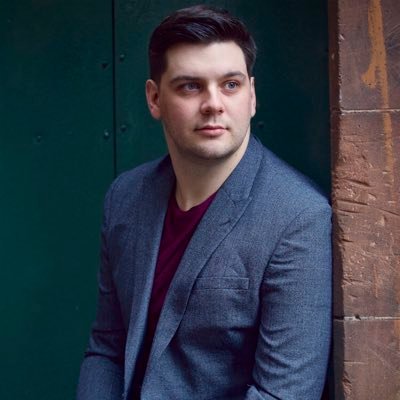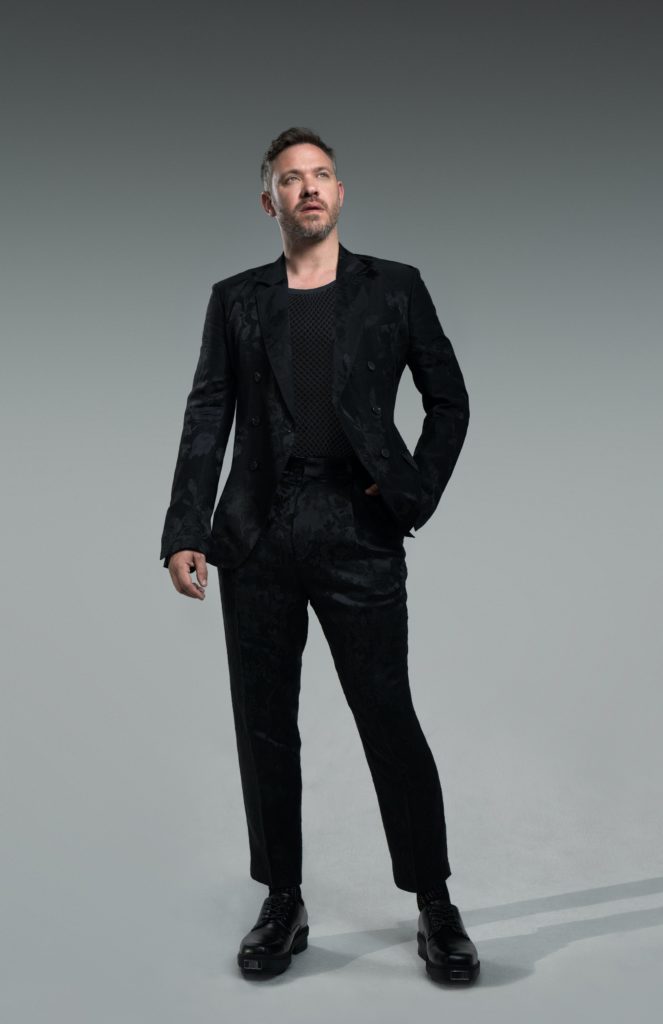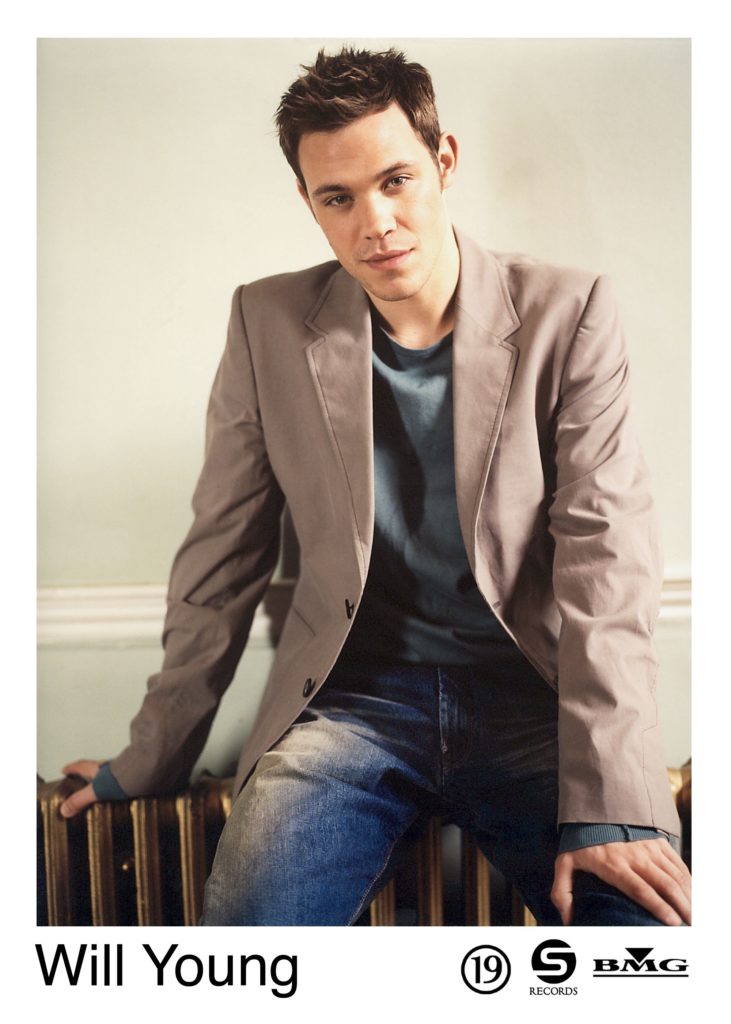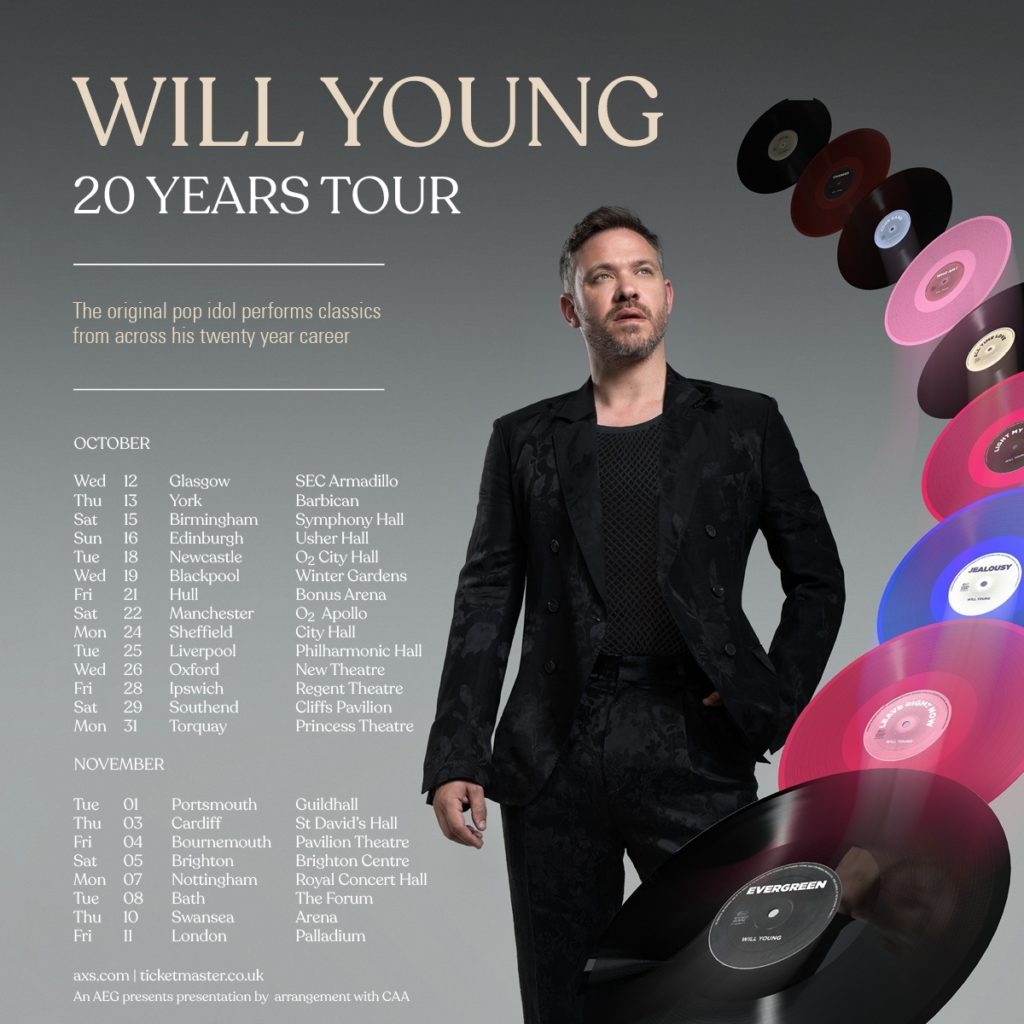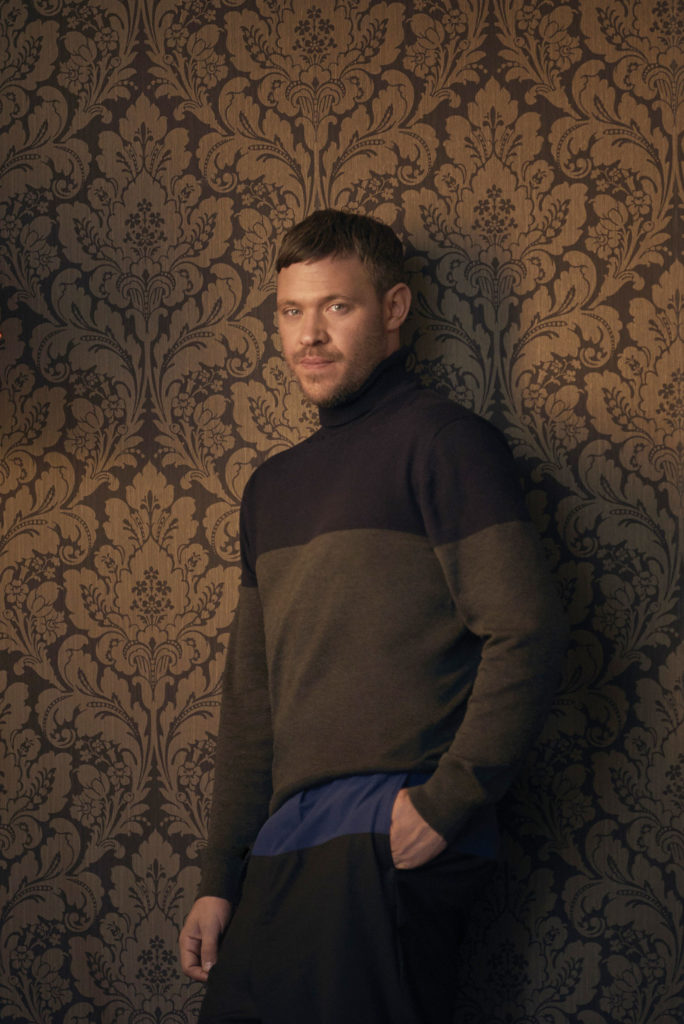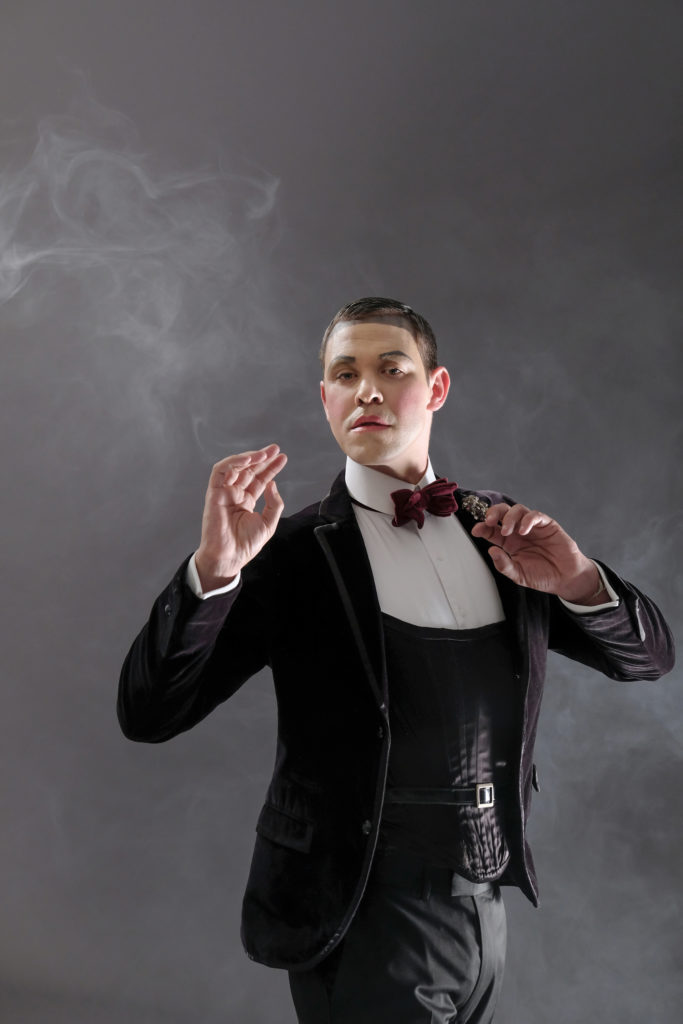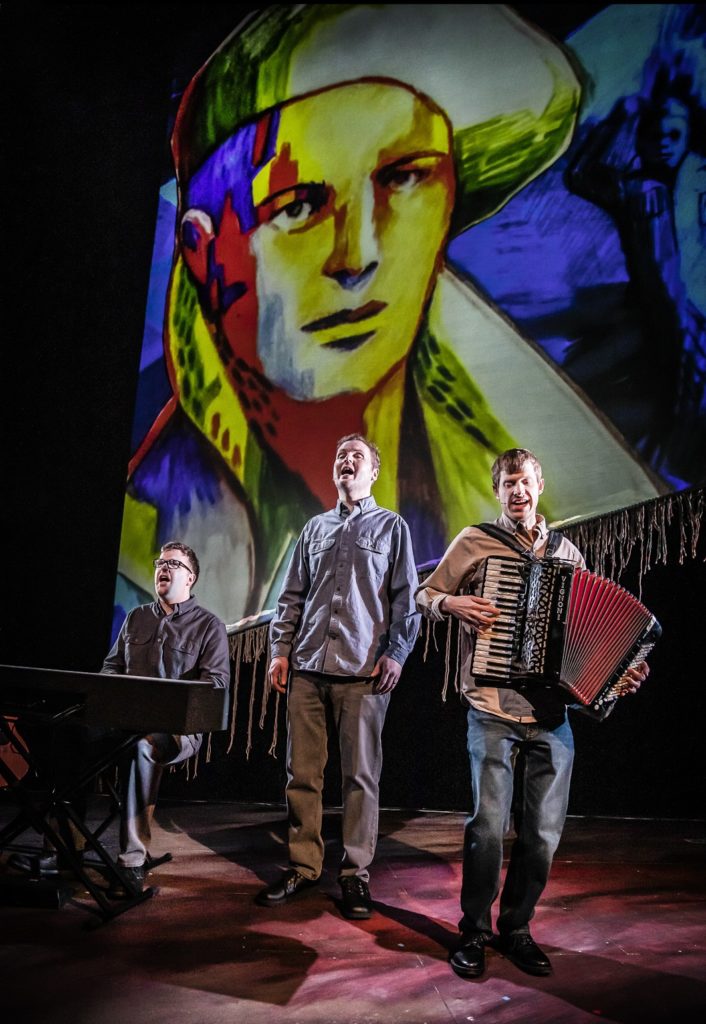
The Young’uns in The Ballad Of Johnny Longstaff, York Theatre Royal, 7.30pm tonight; 2.30pm, 7.30pm tomorrow. Box office: 01904 623568 or at yorktheatreroyal.co.uk
AT 17, the under-age Sean Cooney, David Eagle and Michael Hughes were drawn to the sound of singing in the back room of The Sun Inn in Stockton-on-Tees. They burst into song, harmony singers so natural that The Young’uns were born there and then.
Music had bypassed them at school, but they wondered why sea shanties, folk songs of real stories and home truths, had never been taught there.
In the 1930s, Johnny Longstaff left school at 14, suffered burns in an industrial injury in his first job at a smelting factory, and left Stockton at 15 in search of work. Told he was too young to join the Hunger March to London, he nevertheless followed its path, half a mile back, until he was discovered and allowed to take part, and then stayed in London.
By 17, he had already taken on Oswald Mosley’s Fascists – and the police – in the Battle of Cable Street and was on his way to the Pyrenees, against the rules, to train as part of the British Battalion of the International Brigade to join the Republican cause in the Spanish Civil War.
What the two paths share is a refusal to take No for an answer, to react to rejection, to find a way to make connections. The Young’uns have gone on to win a BBC Radio 2 Folk Awards three times; Johnny Longstaff’s story of working-class-hero political activism is the stuff of six hours of Imperial War Museum recordings, a Young’uns album and now a piece of gig theatre that burns with the same north-eastern fire that lit up Sting’s Tyneside shipbuilding musical The Last Ship.
There are four voices to this performance, first directed by Lorne Campbell in his days as artistic director at Northern Stage, Newcastle, as he brought a theatrical symmetry to Cooney’s songs while retaining the trio’s immediacy as always moving, sometimes humorous, storytellers in song.
The impassioned harmony singing, as beautiful as it is stirring and lyrical, is interwoven with their own storytelling and that fourth voice: extracts from those 1986 recordings in Longstaff’s Middlesbrough home that inspired Cooney’s songs.

What a potent combination it becomes: the songs make powerful statements on their own right, as with the political songwriting of Billy Bragg, Elvis Costello or Christie Moore, all the more so for the instinctive harmonies (imagine The Proclaimers with an extra voice), and then, even more resonant are the recollections of Johnny Longstaff, who has the last word, in song as his 1986 recording of The Valley Of Jarama takes over from The Young’uns live rendition.
In the absence of Michael Hughes, indisposed as he is now a full-time teacher on half-term leave, Huddersfield traditional singer Jack Rutter steps in to suffuse the harmonies, whether a cappella or augmented by keyboards, guitar or Eagle’s urgent accordion.
Campbell told The Young’uns, “don’t worry, you won’t have to act”, but nevertheless there is superb movement direction to this performance; much humour, especially from Eagle, and an awareness of how to tell the story to maximum effect, particularly from Cooney.
In an earlier life, The Ballad Of Johnny Longstaff was performed with a backdrop of Johnny Longstaff, but Campbell called on Teesside animator Scott Turnbull to add his imagery to the already potent brew, and as Campbell promised, it takes the show to a heightened level by accompanying the songs and stories with a combination of beauty, industrial grit and even cartoon humour.
Towards the finale, Johnny Longstaff’s recordings have him talking with such conviction and humanity about the importance of the Spanish Republicans taking on General Franco, almost 50 years after he was there, going days without food, being served a family cat as his supper, living off oranges and being the endangered messenger at the front.
He met Churchill on his return at Westminster, who wondered if he would bring such dedication and zeal to fighting Nazism. At first, however, he was not allowed to serve in the Second World War, having gone against the Government’s neutral position by going to Spain. Once more, he would not take No for an answer.
Oh, for the honesty, the desire to make a difference, the guts and the quest for betterment for all to surge through today’s politicians. Post-war, Johnny settled for the quieter life as a civil servant, Labour voting to the last, but still full of that drive in his recordings. Thanks to his son, Duncan Longstaff, passing on a photograph and a list of Johnny’s achievements to The Young’Uns, his story is being championed loud and proud in song.
Three performances to go in York: make sure to be there; no excuses. Amid all the ghost talk of Halloween this week, and this show’s inclusion in the Theatre Royal’s Haunted Season, Johnny Longstaff is anything but a ghostly presence; his voice so full of life and belief as it reverberates down the years.
Review by Charles Hutchinson

